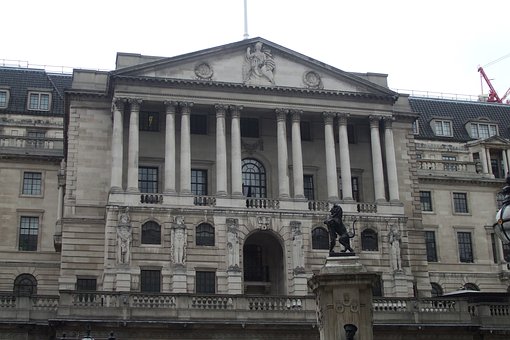The Bank of England and other policymakers must be ready to take further action to help the UK’s economy because of the risk of the coronavirus shutdown causing long-term damage, governor Andrew Bailey has said.
“We are still very much in the midst of this,” Bailey told broadcasters today.
His comments come after new data showed the UK’s economic output tumbled over 20 per cent in April, suffering the largest drop since records began in 1997 as the coronavirus lockdown brought many sections of the economy virtually to a halt.
“We hope that will be as small as possible but we have to be ready and ready to take action, not just the Bank of England but more broadly, on what we can do to offset those longer term damaging effects,” Bailey said.
To find out more about how we can assist you with your Mortgage requirements, please click here to get in touch
While the fall in April – when the economy spent a full month under lockdown – was dramatic, the big question was how much long-term damage this would inflict on Britain’s economy, he said.
Before the Open newsletter: Start your day with the City View podcast and key market data
Bailey said the record drop in GDP was close to the central bank’s expectation for the month, and reiterated his view that some early signs of economic recovery have emerged since then.
The Band of England is expected to announce an expansion of at least £100bn in its bond-buying firepower when its Monetary Policy Committee meets next week in order to limit the damage caused to the economy by the Covid-19 pandemic.
The central bank has already spent the bulk of the record £200bn expansion to its asset-buying programme, which was launched in March.
While the BoE has reduced interest rates to an all-time low of 0.1 per cent in a bid to mitigate the economic impact of the virus, it has not been willing to follow other central banks in setting negative rates.
This decision means that the Bank’s main tool for combatting the coronavirus-induced recession is its bond-buying programme.
Speaking earlier this week, Bailey said the recession triggered by the pandemic will be “different” to others.
“If there is any such thing as a normal recession… this one will be different. There will be elements of a faster recovery, because the first stage of the recovery is literally lifting restrictions and allowing people to go out,” Bailey said at a panel hosted by the World Economic Forum.
By Anna Menin
Source: City AM

